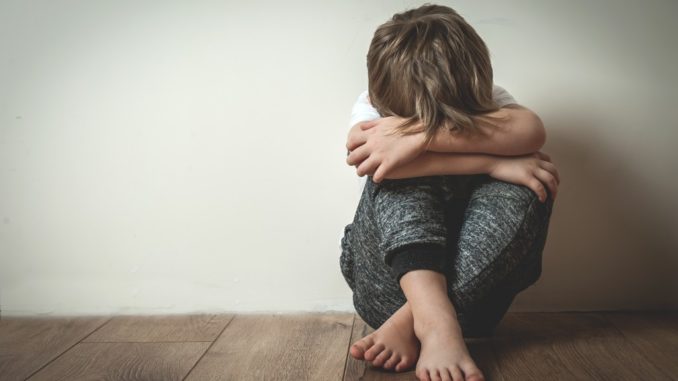
There will come a time in everybody’s life when someone they care deeply about leaves. These events significantly alter our lives and, for many, coping with grief and loss can be challenging. If you or someone you know is dealing with a tough time, here are a couple of things that may help.
See a Therapist
The best thing you can do for yourself is to see a psychologist. A mental health professional can help you process the overwhelming emotions as well as guide you as you navigate the major changes in your life.
The first thing you need to do is to look for mental health services in Townsville and across Australia. Psychologists and other mental health professionals are trained to help manage your emotions better. They may use a variety of evidence-based treatments that will significantly improve your psychological and emotional well-being.
Talk to Family and Friends
Do not isolate yourself from family and friends. You have a supportive network of people you trust who are willing to listen to you discuss whatever you have been going through. Accept whenever they offer assistance. Sometimes, people want to help but they do not know what to say or do, so do not be afraid to reach out and tell them what you need. While you may be tempted to retreat into your room and avoid other people, try your best to spend time with family and friends.
Join a Support Group
If you feel like you have nobody to depend on during this time of grief, join support groups. There are usually local support groups for any kind of emotional or psychological ailments, including grief due to loss. Sharing your own experience with people who have gone through or going through the same challenges can help. You can contact local hospitals and counseling centers to find bereavement support groups in your area. Your therapist may also recommend that you join a bereavement support group as part of your treatment.
Do Not Neglect Your Body

When experiencing overwhelming emotions, it is easy to forget that your body needs attention, too. A part of healing when dealing with loss is taking care of your overall well-being.
Even if you do not feel hungry, try to eat a well-balanced diet. Add a bit of time in your day to exercise. Get enough sleep as well. If you are having trouble falling asleep at night, there are resources on the web that can help. The Australian Sleep Health Foundation recommends adding a warm bath, drinking warm milk, and reading quietly to your evening routine. Avoid fiddling with your phone in bed. An adult needs seven to eight hours of sleep every night for the mind and body to fully be refreshed and recharged for the next day.
Follow a Routine
For many, following a daily routine helped them cope with grief. Getting back to your daily habits and responsibilities may give you comfort. Moreover, find time in your day to enjoy your hobbies. Read a book or listen to your favorite record. Do not feel guilty doing something that brings you joy.
Acknowledge your grief. Do not believe anyone who will tell you that ignoring your emotions will make them go away. It won’t. Let yourself feel whatever you may feel during this tough time. It is okay to be angry. It is okay to cry. You should not feel like you need to appear happy. It is natural and healthy to grieve. You can let go when you are ready.
